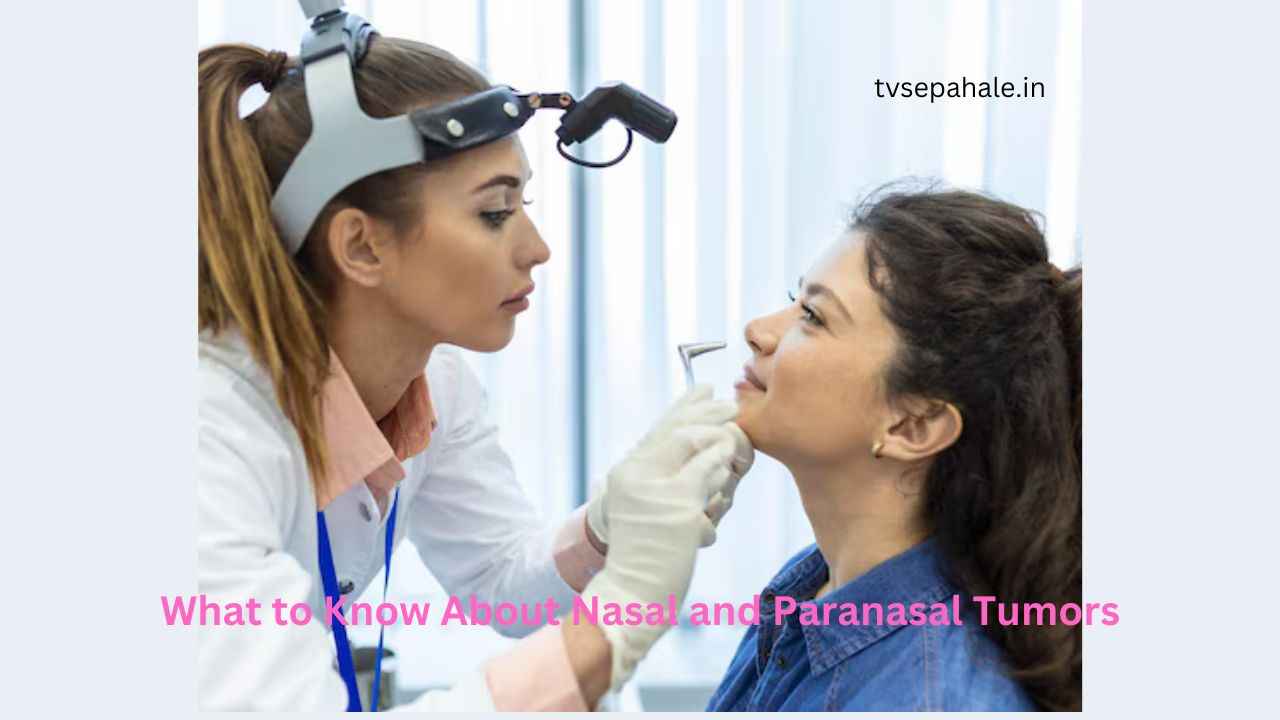What to Know About Chemotherapy and Heart Failure
The majority of chemotherapy patients do not experience heart failure. Certain chemotherapy medications, however, may greatly raise your risk of heart failure and other cardiac issues. Although chemotherapy is an effective cancer treatment, there are significant dangers and adverse consequences that must be considered, such as the possibility of heart failure. Learn more about the … Read more






